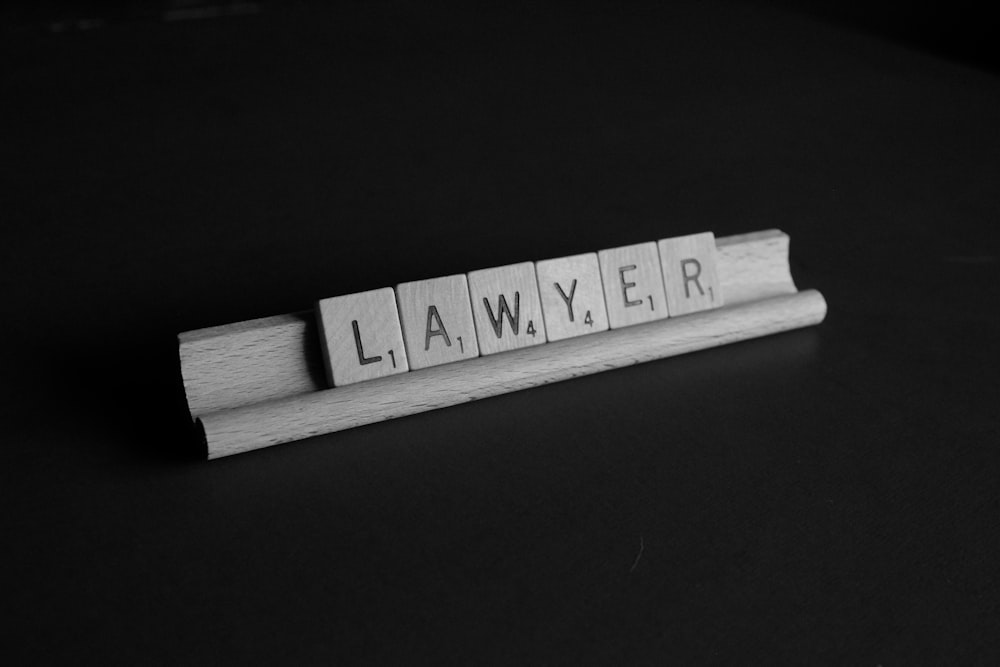Defending Legal Rights: Empowering Individuals
3 min read

Empowering Individuals:
Legal rights form the bedrock of individual freedoms within a society governed by the rule of law. This exploration delves into the fundamental concept of legal rights, elucidating their significance, the diverse categories they encompass, and the mechanisms in place to safeguard and enforce these essential liberties.
Defining Legal Rights: Foundations of Freedom:
At its core, legal rights encompass the entitlements and protections granted to individuals under the law. These rights serve as a shield against arbitrary actions by governments or entities, ensuring that individuals have the autonomy to make choices and live free from undue interference. Understanding the broad scope of legal rights is essential for a robust legal framework.
Categories of Legal Rights: A Multifaceted Spectrum:
Legal rights span a multifaceted spectrum, categorizing into civil, political, social, and economic rights. Civil rights encompass liberties such as freedom of speech and privacy. Political rights involve participation in the political process. Social and economic rights address matters like education and employment. This categorization ensures a comprehensive approach to safeguarding individual freedoms.
Civil Rights: Preserving Personal Liberties:
Civil rights form a crucial component of legal rights, safeguarding individual liberties from unwarranted infringement. These rights include the freedom of expression, the right to privacy, and protection against discrimination. The balance between individual freedoms and societal interests is delicately maintained through the protection of civil rights.
Political Rights: Fostering Democratic Participation:
Political rights empower individuals to actively engage in the democratic process. These rights encompass the ability to vote, run for office, and participate in political discourse. The exercise of political rights is foundational to the functioning of a democratic society, ensuring representation and accountability within governance structures.
Social and Economic Rights: Addressing Basic Needs:
Social and economic rights focus on meeting individuals’ basic needs, such as access to education, healthcare, and employment. These rights recognize that true freedom requires not only protection from interference but also the provision of essential resources for a dignified life. Striking a balance between these rights contributes to a just and equitable society.
Legal Mechanisms for Enforcement: Safeguarding Rights:
Ensuring the effectiveness of legal rights requires robust mechanisms for enforcement. Legal systems employ various tools, including courts, administrative bodies, and human rights institutions, to address violations and provide remedies. These mechanisms act as safeguards, reinforcing the accountability of entities responsible for upholding individual rights.
International Human Rights: A Global Commitment:
The recognition of legal rights extends beyond national borders to the realm of international human rights. Treaties and conventions, such as the Universal Declaration of Human Rights, establish a global commitment to protecting and promoting fundamental freedoms. International cooperation plays a pivotal role in addressing systemic human rights issues.
Challenges in the Digital Age: Navigating Technological Frontiers:
In the digital age, the landscape of legal rights encounters new challenges. Issues such as online privacy, data protection, and digital access pose complex questions that require ongoing legal scrutiny. Adapting legal frameworks to address these challenges is essential to ensure that individuals’ rights are not compromised in the digital frontier.
Legal Rights: A Cornerstone of Justice:
Legal rights stand as a cornerstone of justice, embodying the principles of fairness, equality, and individual dignity. The continuous evolution and protection of these rights require active engagement from legal professionals, policymakers, and society as a whole. Upholding legal rights ensures that individuals can live with autonomy, dignity, and equality within the fabric of the law.
Explore Legal Rights Further:
For a comprehensive exploration of legal rights, visit Legal Rights. This resource provides valuable insights into the foundations, categories, and global perspectives surrounding legal rights. Delve into the multifaceted world of legal rights and their profound impact on individuals and societies.






